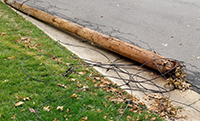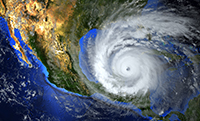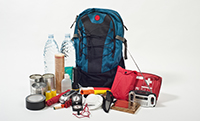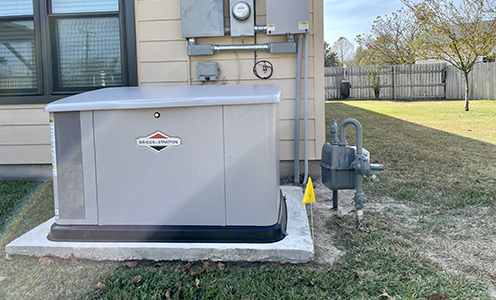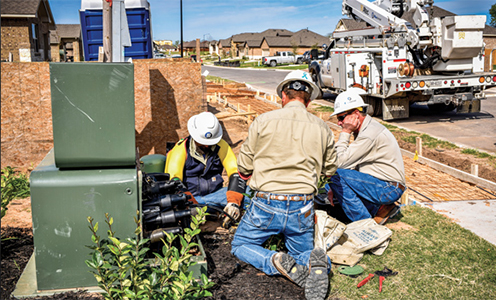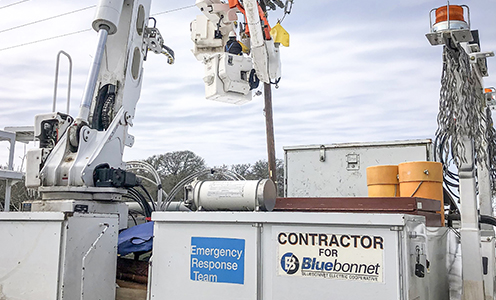Staying safe
We’re committed to being a safe and reliable neighbor. Discover ways to stay safe and prepared with help from your co-op.
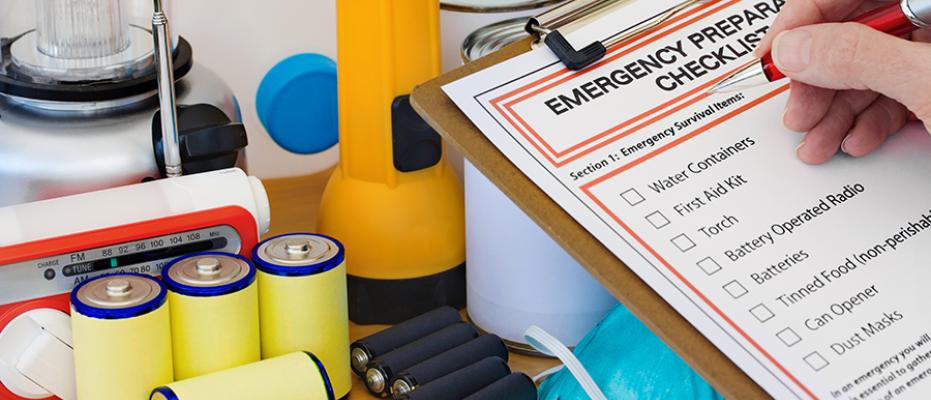
Nothing is more important to us than your safety and well-being. So take a few minutes to read these safety tips to help keep you, your family and your home safe.
- Never use electric appliances close to water.
- Walk through your home and search for potential electric hazards. Many hazards are easily identified and corrected.
- Never put items into electric outlets that are not intended for them.
- Do not connect power strips to power strips.
- Make sure electric outlets aren't overloaded.
- Check all electric and extension cords to make sure they aren't cracked, frayed, or covered by rugs or furniture.
- Use the correct wattage light bulb for lighting fixtures.
- Keep electric appliances away from damp or hot surfaces, and make sure they have appropriate air circulation.
- Signs of other potential hazards that should be examined by a qualified electrician include dim or flickering lights, arcs or sparks, sizzling or buzzing sounds from your electric systems, odors, switch plates hot to the touch, loose plugs and damaged insulation.
- Never use electric power tools in the rain or wet conditions.
- Electric lawnmowers should never be used when grass is wet.
- Inspect power tools and electric lawn mowers before use for frayed power cords, broken housings or broken plugs.
- When using tools or extension cords outdoors, make sure they are marked for outdoor use.
- Unplug all portable power tools when not in use. Don't leave power tools unattended, even briefly.
- Metal ladders conduct electricity. Be careful of overhead wires and power lines.
- Stay away from utility ground-level electric boxes and substations.
- If you see a downed power line, stay away from it, then call 911.
- Contact Bluebonnet at 800-949-4414 if you know about a fallen or leaning power pole.
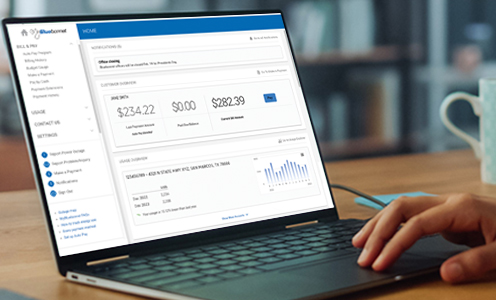
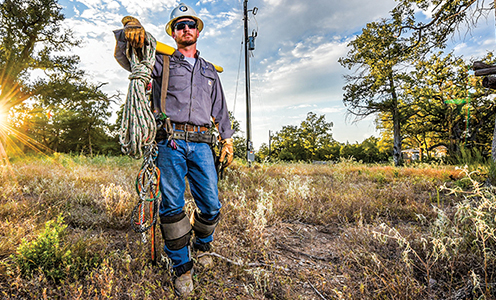
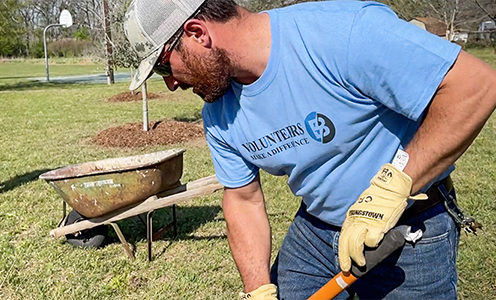

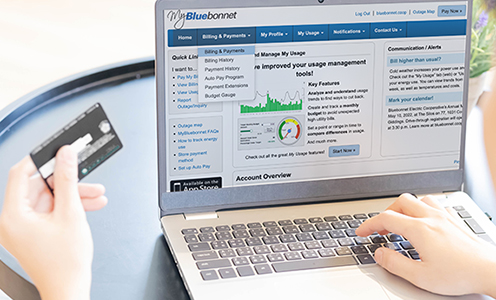
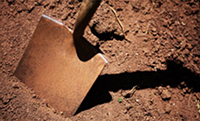 At least 48 hours before you plan to dig on your property for any reason, call
At least 48 hours before you plan to dig on your property for any reason, call 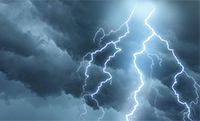 The Bluebonnet region is within an area prone to thunderstorms and other severe weather conditions, such as tornadoes, flash floods and hurricanes. When you know the risks and what actions to take, you can better protect your family and property. Check out our
The Bluebonnet region is within an area prone to thunderstorms and other severe weather conditions, such as tornadoes, flash floods and hurricanes. When you know the risks and what actions to take, you can better protect your family and property. Check out our 